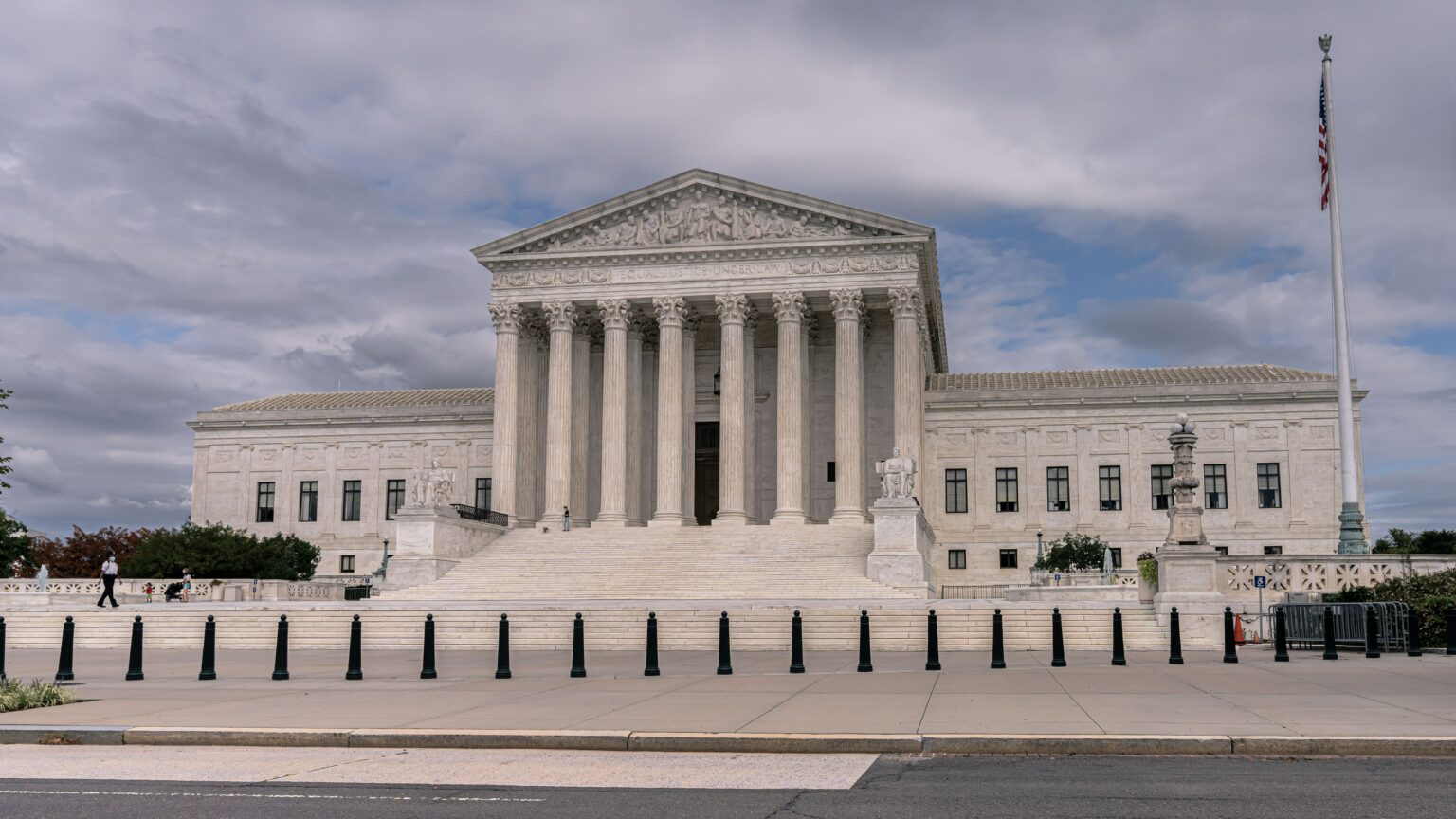The Supreme Court on Thursday ruled in favor of Twitter and Google, blocking two lawsuits filed under the Anti-Terrorism Act that alleged the internet sites’ content had assisted terrorists in their bad acts.
In the case Twitter v Taamneh, the Court ruled that the “Plaintiffs’ allegations are insufficient to establish that these defendants aided and abetted ISIS in carrying out the relevant attack,” in an opinion written by Justice Clarence Thomas.
That case arose out of Gonzalez v Google, in which U.S. citizen Nohemi Gonzalez was killed during a terrorist attack in Paris in 2015. ISIS claimed responsibility for the attack by issuing a written statement and releasing a (Google-owned) YouTube video.
Gonzalez’s father filed an action against Google, Twitter, and Facebook, asserting among its claims that all three platforms were liable for aiding and abetting international terrorism by failing to act to prevent terrorists from using their services, despite the sites not playing an active role in that specific act of terrorism in Paris.
Twitter v Taamneh raised the question of whether an internet platform “knowingly” provides substantial assistance merely because it allegedly could have taken more “meaningful” or “aggressive” action to prevent its use.
Gonzalez v Google focused on the issue of Section 230, a decades-old legal provision that has shielded social media giants from liability over posts, photos and videos shared by users of their services.
The unsigned decision in the Google case noted that the Justices “decline to address the application of Section 230 to a complaint that appears to state little, if any, plausible claim for relief.”
In his Twitter opinion, Thomas stressed that the plaintiffs “failed to allege that defendants intentionally provided any substantial aid” in the Paris terrorist attack, nor did they “pervasively and systemically” assist ISIS in a way that would render them liable for “every ISIS attack.”


